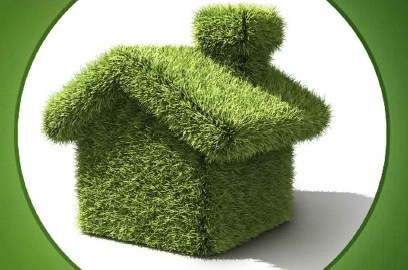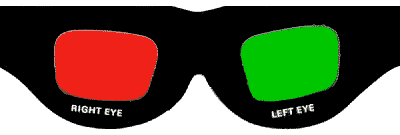Top 10 Green Building Trends For 2010

Losing sleep over the bleak future of real estate? You might do well to look into hooking your home (new or old) up to use geothermal energy. Experts are saying that actually, while the rest of the market spiraled down the toilet last year, sustainable and energy efficient building did relatively okay, and will continue to grow as a secure market sector. According to a McGraw Hill 2009 Construction report on green building:
“In 2005, green building was a small, burgeoning market, approximately 2% of both nonresidential (commercial and institutional) and residential construction, valued at a total $10 billion–$3 billion for nonresidential and $7 billion for nonresidential. Since that time, green building has expanded rapidly due to a number of factors such as growing public awareness of green practices, heavy increase in government interventions, and recognition by owners of the bottom line advantages. In fact, green building has grown in spite of the market downturn. Green seems to be one area of construction insulated by the downturn, and we expect green building will continue to grow over the next five years despite negative market conditions to be a $96-$140 billion market.”
Looking ahead to a year of increased eco-hammering, sawing, and caulking, green building non-profit Earth Advantage Institute has put together a list of the top ten green building trends for 2010 and beyond. They say that homeowners, prospective homeowners, architects, office building managers, and everyone who lives or works in built spaces should keep an eye on:
Real estate industry, get ready to make like Leo and rebuild America green.





